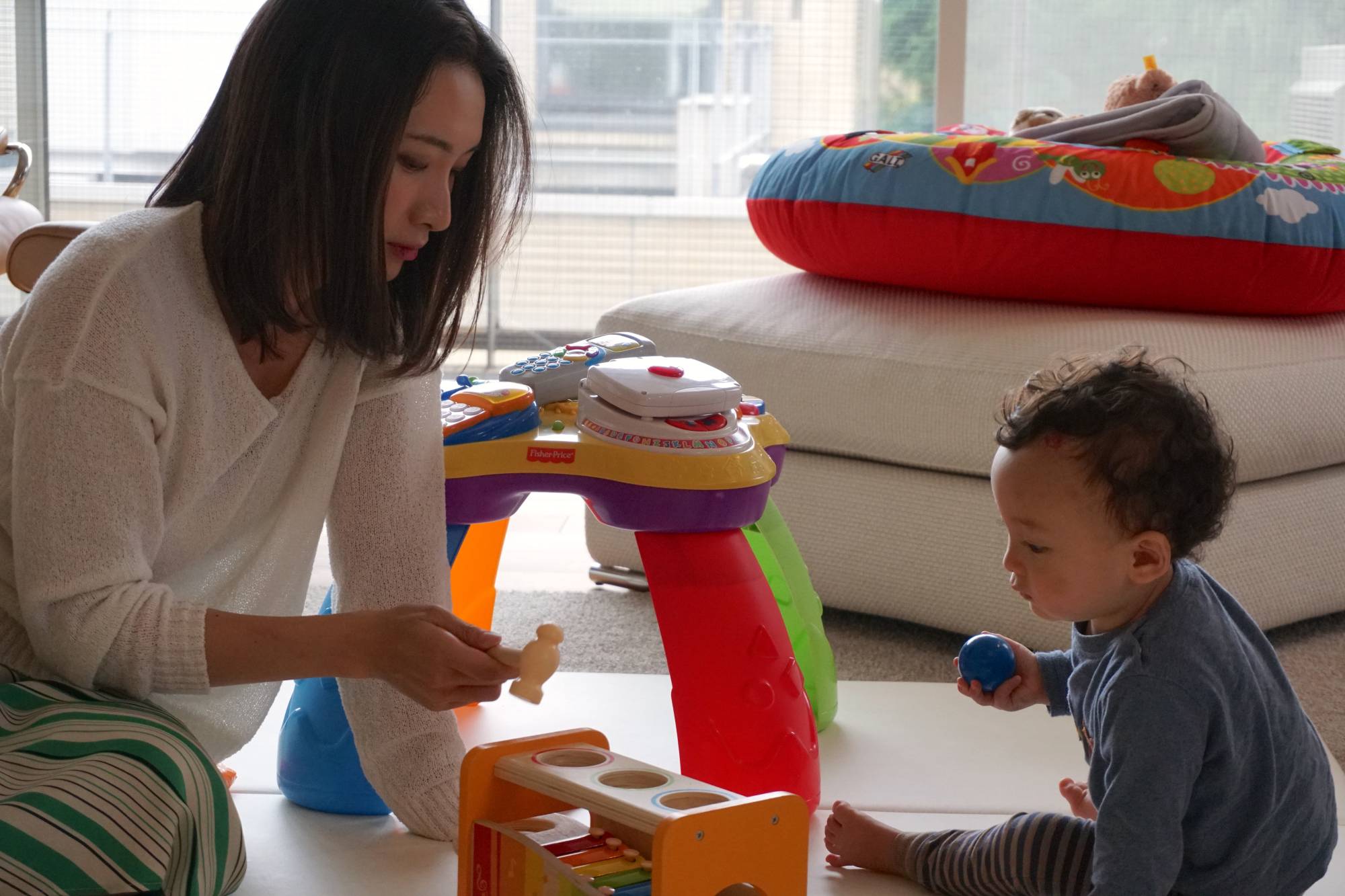“I expect my son to be able to do all the housework, and for my daughter to know that she can do anything she wants to,” including having a family and working at the same time, says Miyako Nishikawa, 44, a Tokyo-based business owner and mother of two.
Nishikawa does not want her children to grow up with prescribed ideas of gender roles. Yet while her daughter and son may see both parents working as well as performing household chores, outside of the home they’re likely to receive more mixed messages about what it means to be a woman or a man in Japan, where gender parity remains a distant goal.
Notwithstanding progress made in some areas, such as an increase in the proportion of women who work, Japan consistently performs poorly in the World Economic Forum’s annual Global Gender Gap Report, ranking 120th out of 156 countries this year.

















With your current subscription plan you can comment on stories. However, before writing your first comment, please create a display name in the Profile section of your subscriber account page.